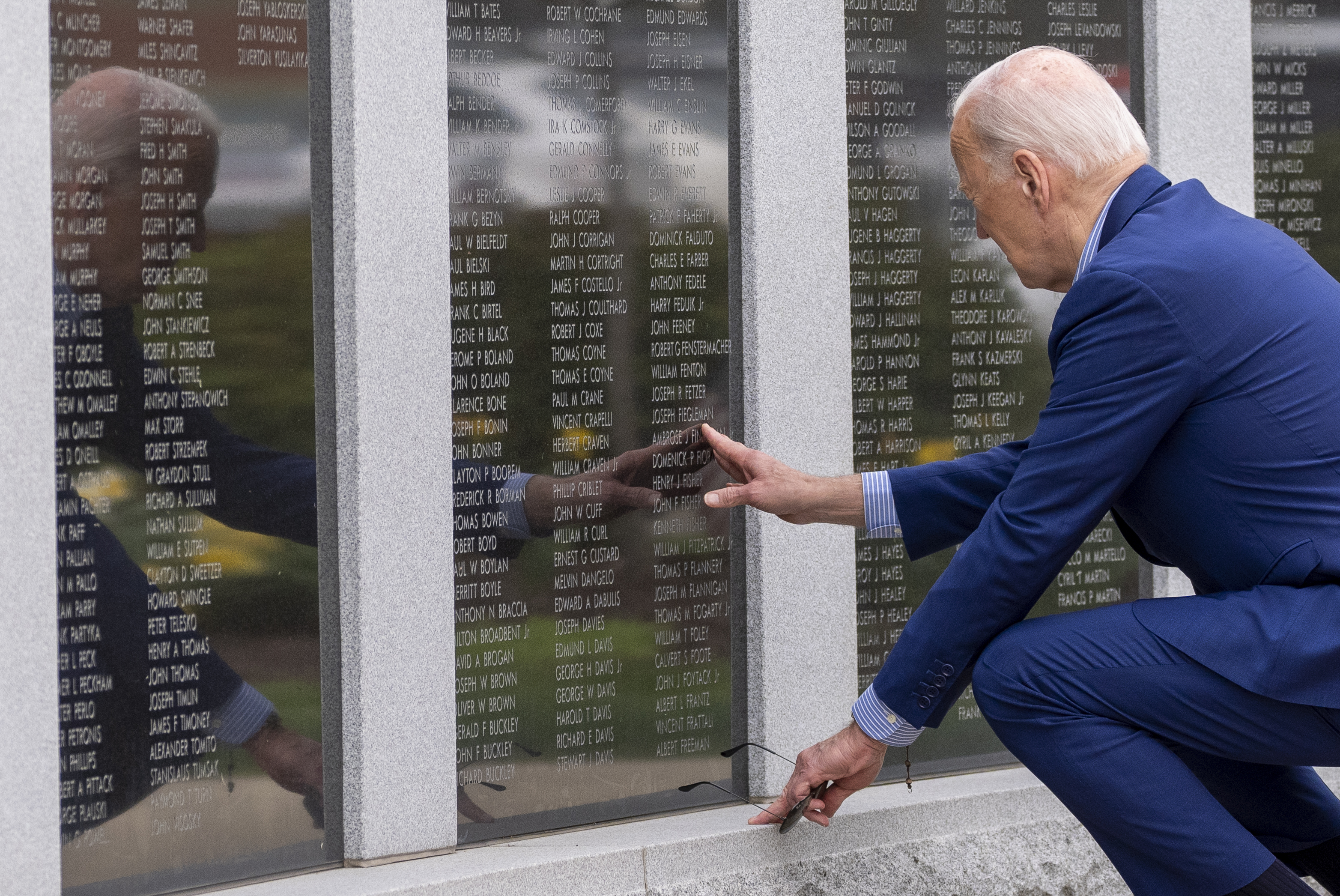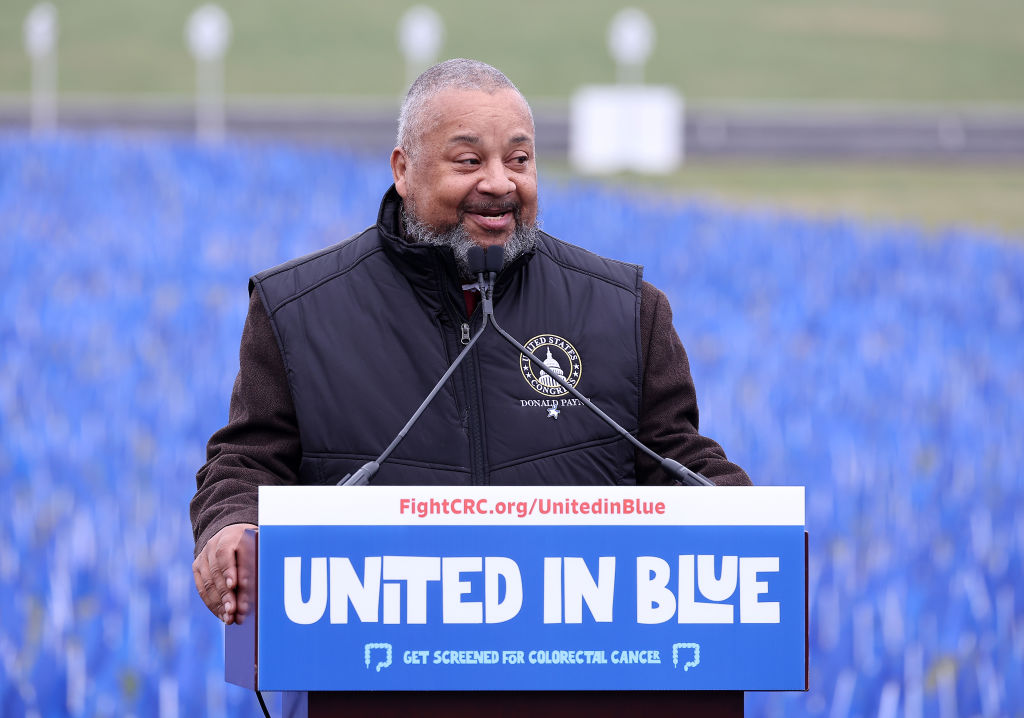Brad Womack is the most reviled "Bachelor" star in the show's history, and people love to hate villains on reality TV. So his return to the show should have been well-watched; instead, it brought the second lowest debut audience ever for the show.
That may have been because of "The Bachelor's" stubborn insistence this season that it really is a serious show about finding love, one that can successfully match soulmates, even though it usually fails.
As of right now, two of the six couples who met on "The Bachelorette" are still together, and just one of 14 couples matched on "The Bachelor" has survived. A student who gets 17 Fs and three As is not an A student, even if they insist they are, so why does "The Bachelor" keep up the charade?
When ABC announced Brad Womack would return as the star of "The Bachelor," the network insisted in its announcement that Brad was not the same person we saw three years ago. Now he is a "healthier," "changed, revitalized man" who is "really ready" to meet a woman on TV, and that's because of his "intensive therapy" and "painful journey of self-awareness."
If you missed season 11, you might assume that Brad was an awful person who did mean things, like punching Chris Harrison in the face. Actually, the only thing Brad did do was acknowledge that he could not find someone he viewed as a potential life partner in a group of 25 telegenic women selected by producers of a TV show to be the most entertaining group of people possible.
How shocking! That's not a crazy conclusion; the weirdest thing about it is that it took 11 seasons for that to happen. A version of it happened two years earlier, when Jen Schefft selected a man at the end of her season, but delayed her answer about his proposal until the live finale, when she told him they were better off as friends. (She later said she was "[set] up for failure" by the show's producers.)
But Brad was eviscerated, even though the show's history is littered with broken relationships, and even though previous "Bachelor" participants didn't get engaged or broke up soon after their season aired.
U.S. & World
News from around the country and around the globe
Last week, Brad said, "I think what people were really upset about is the fact that I didn't at least pursue a relationship. I think people can get over the fact that I didn't propose, but a lot of people said, 'Hey, look. This is The Bachelor. You knew what you were getting into; you knew what was expected of you. At least give one of the women a shot. Who do you think you are to walk away?'"
Some of the show's fans clearly have that expectation, however irrational it may be, which is perhaps why the first episode, just like the season's promotion, emphasized how Brad was not the person he was three years ago — and just in case he was, the first woman out of the limo slapped him across the face, just to drive the point home.
It was overkill, and Brad agrees. "Do I think it was beating a dead horse by the end of episode one? Yeah. I'll admit it," he told me. He said "the women were asking questions that they deserved to ask, they were entitled to ask," and said that, after that, "we moved forward, so there's very, very little talk about change in the following episodes. Thank God, man. I think we're all sick of hearing it."
We are, but the show and its producers aren't, even though Brad saved "The Bachelor." When he rejected both women, the cheese-fest of roses was acknowledged to be a joke by someone who was actually on it, and that gave it permission to embrace its inner soap opera.
In subsequent seasons, producers increasingly embraced the absurdity, highlighting and playing up the drama. During the past year alone, the series interrupted an episode of "The Bachelorette" to include an uncomfortable post-breakup reunion between an angry bachelor Jake and the winner of his season, Vienna. And recognizing that many of its contestants might be more interested in fame and money than a relationship, it spun off "The Bachelor Pad."
Yet even amid this, the show is back pretending it really is about nothing other than love. It's not just possible to meet one's soulmate on the show — it's expected.
That sense of entitlement on behalf of viewers is weird, but it's all part of "The Bachelor" fairy tale, which many viewers find laughable but others find romantic. It's easy to forget that everything is manufactured for a TV show, and that even the most intimate moments aren't just between two people, but are being filmed by a crew. But TV makes it easy to get caught up in the fantasy.
Of course, that speaks to the magic of editing, as viewers might have thought Brad was more interested in DeAnna and Jenni than he actually was, thus making the ending more surprising.
But Brad still blames himself. Talking about low ratings, he said, "I hope it's not a result of my bad decisions last time, because I truly care for that franchise. Hopefully people will come around and start watching."
They might if the show gets more honest. Brad said that before he signed on to return, he told producers, "If I don't feel it at the end, I'm going to walk away. I'm warning everybody." What if ABC's promos had said, "Brad dumped and destroyed two women, and made you angry. How many hearts will he break this time?"
In relationships and reality TV, honesty may be uncomfortable, but it's always best.
Andy Dehnart is a writer, TV critic and editor of reality blurred. Follow him on Facebook and Twitter.



